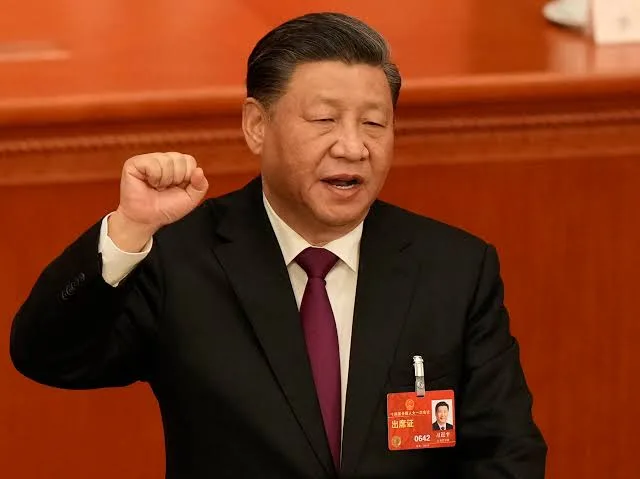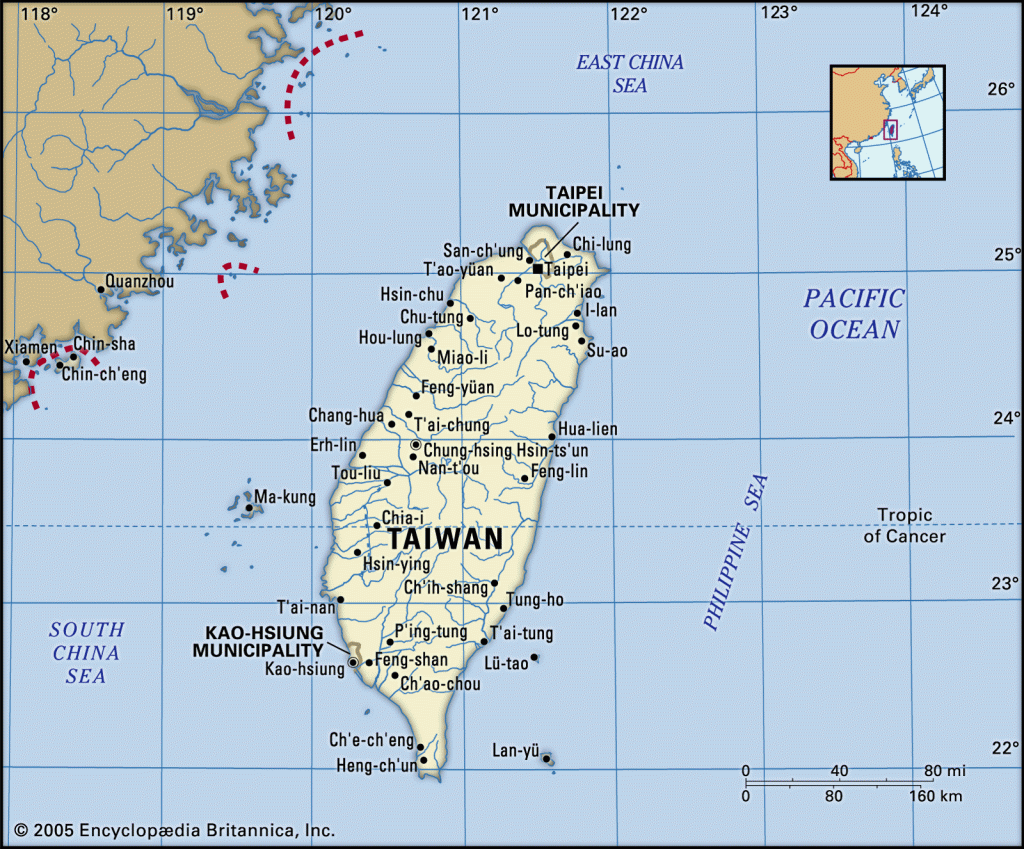SINGAPORE – Tensions between the US and China have escalated following remarks made by US Defense Secretary Lloyd Austin at the Shangri-La Dialogue, a prominent forum on regional security. Austin’s comments touched on Taiwan, a sensitive topic in US-China relations, prompting a strong warning from China.

According to reports, Austin emphasized the US commitment to maintaining peace and stability in the Taiwan Strait and reaffirmed Washington’s “one China” policy while also highlighting the importance of freedom of navigation.

In response, China’s Ministry of National Defense spokesperson, Senior Colonel Wu Qian, issued a stern warning, stating that China’s sovereignty and territorial integrity are non-negotiable. Wu emphasized that any attempts to challenge China’s claims over Taiwan would be met with firm action.
The exchange comes amid heightened tensions between the US and China on various fronts, including trade, security, and technology. The Shangri-La Dialogue, held annually in Singapore, brings together defense ministers and military leaders from the Asia-Pacific region to discuss pressing security issues.

The US and China have been engaged in a series of diplomatic and military maneuvers in the region, with both sides seeking to assert their influence and interests. The tensions over Taiwan are particularly sensitive, given China’s insistence on eventual reunification with the self-governing island.
As the situation continues to unfold, regional and global observers are closely monitoring the developments, aware that any escalation could have far-reaching implications for international relations and security.
*Key Quotes:*
– “We urge the US to adhere to its one-China commitment and avoid any actions that could be seen as supporting Taiwan independence.” – Senior Colonel Wu Qian, China Ministry of National Defence
– “The US remains committed to maintaining peace and stability in the Taiwan Strait and supports a peaceful resolution of cross-strait issues.” – US Defense Secretary Lloyd Austin
*Regional Reactions:*
– ASEAN nations have called for calm and restraint, emphasizing the importance of diplomacy in resolving disputes.
– Japan and Australia have expressed support for the US position, while also urging restraint from both sides.
The situation remains fluid, with diplomatic efforts underway to manage the tensions. The international community is watching closely, aware that the US-China relationship has significant implications for global stability and security.
